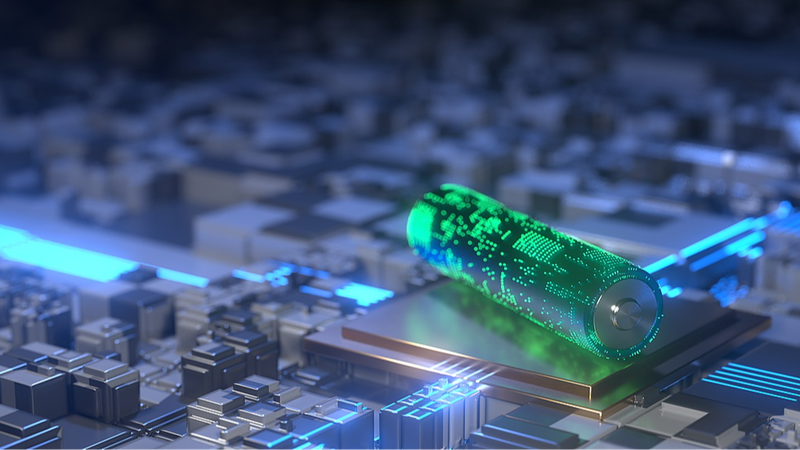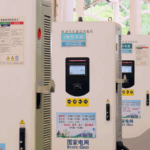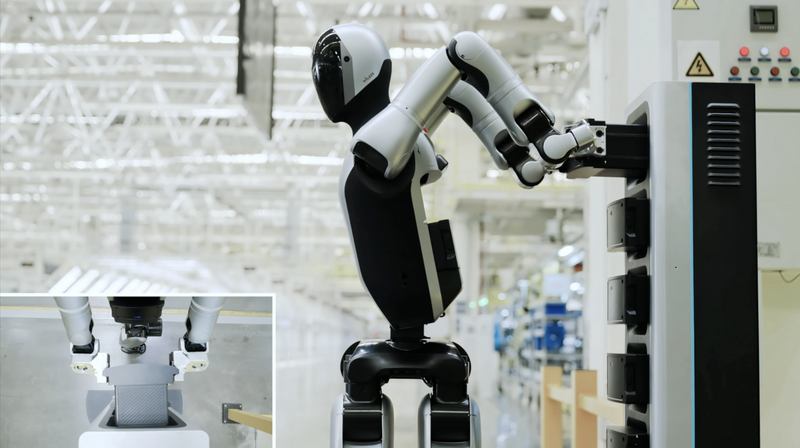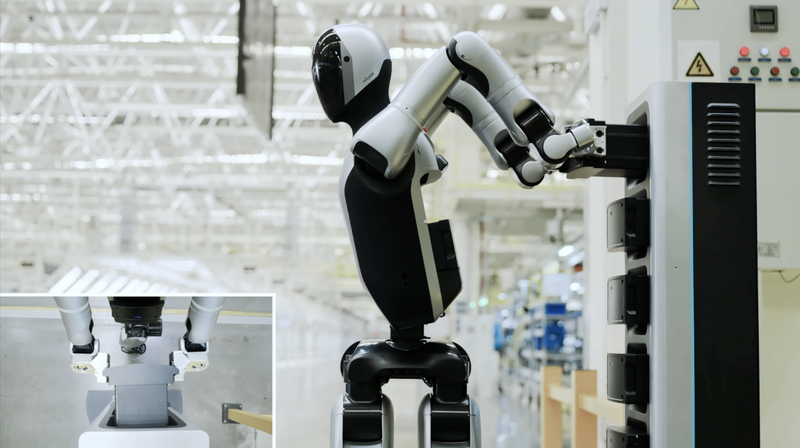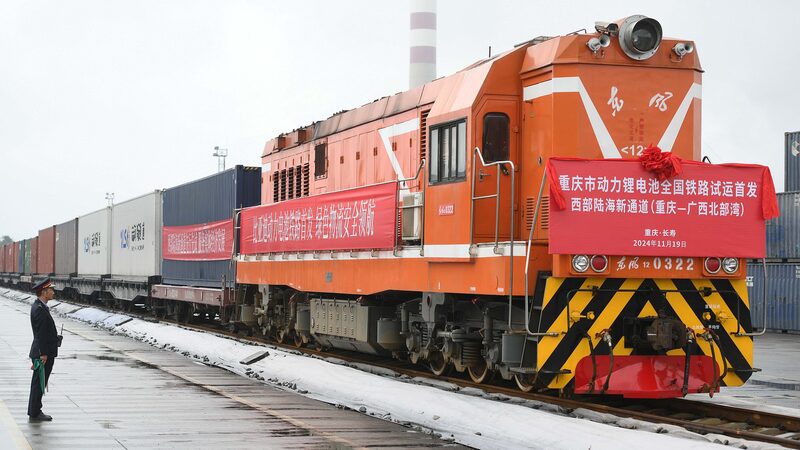Chinese researchers have achieved a critical breakthrough in next-generation energy storage technology, potentially accelerating the global shift toward electric vehicles (EVs) and advanced robotics. Scientists have developed a novel self-adaptive interphase for all-solid-state lithium batteries — solving a decades-old challenge of maintaining contact between solid electrolytes and lithium metal electrodes without external pressure.
The innovation, detailed in Nature Sustainability, addresses a key bottleneck hindering commercial viability. Traditional solid-state batteries require complex pressure systems to prevent energy loss at electrode-electrolyte interfaces. The new design autonomously adjusts to physical changes during charging cycles, ensuring stable performance while reducing manufacturing complexity.
"This breakthrough could redefine energy storage standards," said Dr. Li Wei, a materials scientist at the Chinese Academy of Sciences. "It opens doors for safer, longer-lasting batteries capable of powering everything from EVs to industrial robots."
The development aligns with China's strategic push to lead in clean energy technologies, with potential ripple effects across Asia's EV supply chains. Analysts suggest the technology could lower production costs by up to 30% compared to current lithium-ion batteries while offering 50% higher energy density — critical factors for automakers and tech firms racing to meet sustainability targets.
As Asian markets account for over 60% of global EV production, this advancement positions Chinese manufacturers to strengthen their foothold in renewable energy infrastructure and smart manufacturing sectors. The technology's applications extend to portable electronics, grid storage systems, and aerospace engineering, signaling broad economic implications for the region.
Reference(s):
China develops solid-state battery tech to power EVs and robots
cgtn.com
